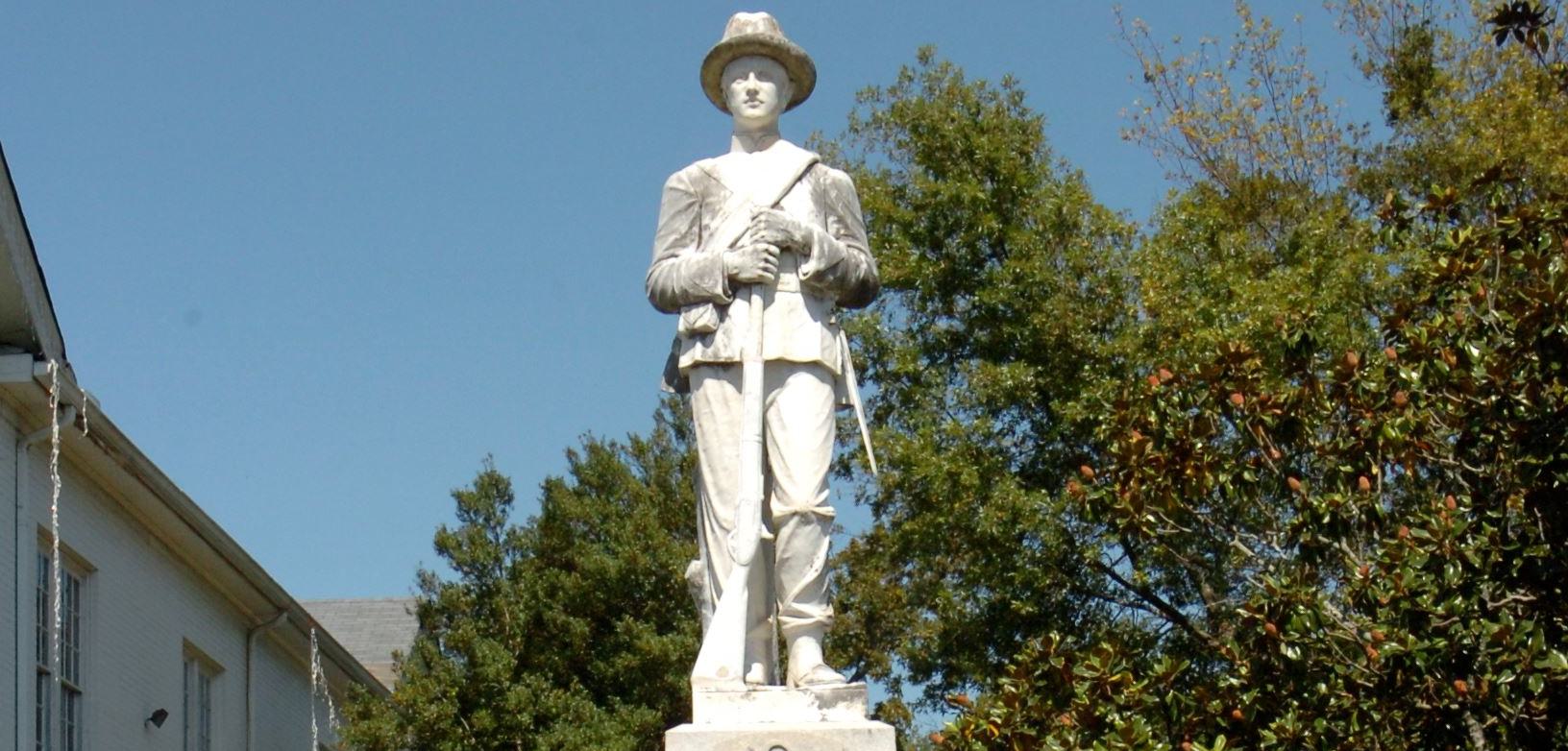Alabama’s historical monuments, particularly Confederate monuments, have come under attack in recent years. On Tuesday, the Senate Governmental Affairs Committee gave favorable reports that would make it much more costly for persons who try to cancel Alabama’s history.
Senate Bills 53 and 54 are both sponsored by State Sen. Gerald Allen (R-Tuscaloosa).
“The AG’s office will probably thank you on this because it allows them to be proactive in protecting memorials,” Allen told the Committee.
“Damaging a public monument in the First Degree is a class B felony,” in this legislation (SB53), Allen said. "Damaging a public monument in the Second Degree is a class C felony.”
Allen was asked to explain that further.
“Class B would be within a riot,” and damaging a monument Allen said. “Class C would be going out with your buddies.”
Allen said that “in 2017 we passed a piece of legislation that protected memorials” (the Memorials Preservation Act).
Allen said that under SB54 if historical buildings are damaged way beyond repair by fire or damaged by a tornado to where the building is way beyond repair that if the building is not replaced there will be a marker with the building name placed on a marker at the site.
Allen said that SB54 would charge a $25,000 fine and $5000 per day if a historical monument is removed or destroyed.
“The fine will stay there until the monument, statue, or street sign is replaced,” Allen said.
The bill would also authorize that a “Statue of civil rights leader John Lewis will be placed in Selma near the Edmund Pettus Bridge,” Allen explained.
Sen. Garlan Gudger (R-Cullman) said, “I want to make sure that we are not duplicating or overlapping anything else with this.”
Sen. Linda Coleman-Madison (D-Birmingham) said, “I appreciate history, but I would like to offer an amendment here. I would like to reduce that $5,000 a day to $1,000 a day.”
“It was recommended for $10,000,” Allen said. “To deter individuals to be involved in doing harm to a statue.”
Sen. Arthur Orr (R-Decatur) said, “I would like to revisit the penalties.”
The committee gave a favorable report for both bills.
Coleman-Madison said that she would bring her amendment on the size of the penalties when the bill gets to the floor of the Alabama Senate.
The two bills could be considered by the full state Senate as early as Wednesday.
Wednesday will be day eight of the 2022 Alabama Regular Legislative Session. A legislative session can last no longer than 30 legislative days and 120 calendar days.
To connect with the author of this story, or to comment, email brandon.moseley@1819News.com.










